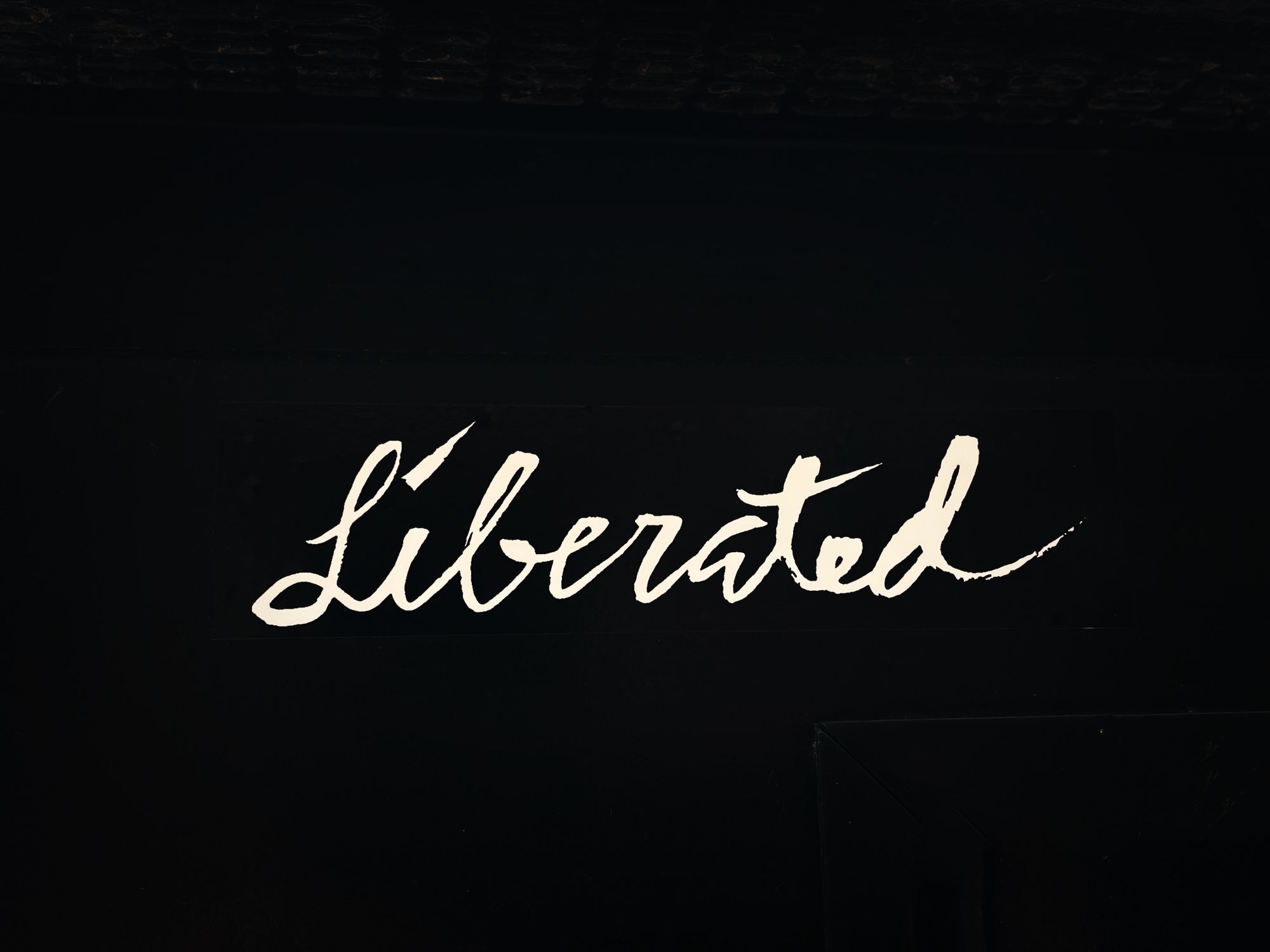Fourteenth Sunday in Ordinary Time - Fr. Pete Iorio
July 3, 2021 - 5:00 PM
July 4, 2021 - 8:30 AM
Audio Recording
On this Independence Day, I share with you a stanza of a famous poem.
By the rude bridge that arched the flood
Their flag to April’s breeze unfurled
Here once the embattled farmers stood
and fired the shot heard round the world.-Ralph Waldo Emerson, “Concord Hymn”
A visit to The Old North Bridge in Concord, Massachusetts was part of my vacation a couple of weeks ago. I relearned that on April 19, 1775, the “shot heard round the world” was fired there. This day began the American Revolution leading to what we celebrate today, Independence Day. A year and 2 ½ months after Concord, the United States of America was declared a new nation, free from being a colony of Britain and subordinate to King George III.
We Americans are proud and grateful for all the freedoms that we enjoy. We generally think of human freedom as meaning ‘I am free from any restraints in order to have or do what I want or say what I think. The COVID 19 lockdowns and mandates tested our understanding of freedom. We do not like when ‘freedoms’ are taken away. Freedom of religion or religious liberty is a principle that we value so that we can worship and believe in God as we freely wish. Not all countries allow religious freedom. We are here now in this church because religious liberty is enshrined in our Constitution.
Let us now look at what our holy book offers us today. In the second reading from Saint Paul’s second letter to the Corinthians, he states “when I am weak, then I am strong.” This sounds like an oxymoron. How can there be strength in weakness? Paul believes that the power of Christ is at work in him through his weakness and professes that he is “content with his weakness for the sake of Christ.” Paul is unfurling a new declaration on what human freedom really is. For Paul, human freedom does not have to do with his external abilities, but he is free because he knows that he is subject to Christ and is “in Christ.” It is an inner freedom.
Pope Francis said that Paul experienced the freedom brought by Christ. He was set free from the most oppressive form of slavery or not being free and that is slavery to self. He was also set free from the religious fervor that had made him a zealous defender of his Jewish ancestral traditions (cf. Gal 1:14) and a cruel persecutor of Christians. Set free. Formal religious observance and the intransigent defense of tradition, rather than making him open to the love of God and of his brothers and sisters, had hardened him: he was a fundamentalist. God set him free from this, yet he did not spare him the frailties and hardships that rendered his mission of evangelization more fruitful: the strain of the apostolate, physical infirmity (cf. Gal 4:13-14); violence and persecution, shipwreck, hunger and thirst, and, as he himself tells us today, a painful thorn in the flesh (cf. 2 Cor 12:7-10).
Paul thus came to realize that “God chose what is weak in the world to shame the strong” (1 Cor 1:27), that we can do all things through him who strengthens us (cf. Phil 4:13), and that nothing can ever separate us from his love (cf. Rom 8:35-39).
Is this true in our lives? Is there a strength in our weakness? Does our weakness manifest the power of God? It is in our human nature to like to be strong, to be in charge, but it is in our divine nature, the God part of our self, that our weakness manifests the power of God. Because God is most able to act through us when we are docile instruments. This is a gift that can help us recognize that we are not self-sufficient. God is working in our lives, doing things we cannot do alone.
Many of the saints bear witness to this inner freedom. No one can take this away or deprive us of this peace/inner freedom. Not only declared saints, but those on the journey testify to how they find inner freedom. One of my heroes is Joseph Cardinal Bernardin, who was archbishop of Chicago. He wrote a beautiful book called: The Gift of Peace… He describes being falsely accused of sexual abuse, reconciling with his accuser after he recanted, and then suffering and dying with pancreatic cancer. The Gift of Peace is another way of saying Inner Freedom. The spiritual life is a quest for this inner freedom. Cardinal Bernardin gives us a path to receive this inner freedom.
To close the gap between what I am and what God wants of me, I must empty myself and let Jesus come in and take over. I have prayed to understand his agenda for me. Some things stand out. He wants me to focus on the essentials of his message and way of life rather than on the accidentals that needlessly occupy so much of our time and efforts. One can easily distinguish essentials from peripherals in the spiritual life. Essentials ask us to give true witness and to love others more. Nonessentials close us in on ourselves.
It is unsettling to pray to be emptied of self; it seems a challenge almost beyond our reach as humans. But if we try, I have learned, God does most of the work. I must simply let myself go in love and trust of the Lord.
As we remember and celebrate the gift of so many freedoms we enjoy in our beloved country, let us also ask God to give us, like He gave St. Paul, the gift of Peace, of that inner freedom to be able to know in our flesh and bones: when I am weak, then I am strong.
